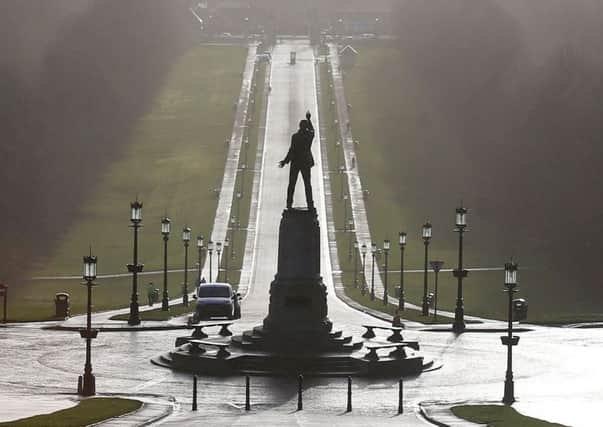No, sorry – the Irish border really is a result of unionist demands


In my previous letter, I wrote that nationalists and some unionists did not want a border in Ireland. Mr Stewart did not refer to a border in Ireland but rather to a border in the British Isles. These are different things.
Advertisement
Hide AdAdvertisement
Hide AdThe decisions and events that led to the partition of Ireland occurred from 1912 to 1914 and were formalised in 1920/21. Mr Stewart claims that Irish republicans sought a border, but in 1912 Irish republicans were a marginal and irrelevant movement. The dominant nationalist movement was the non-violent and constitutional Irish Parliamentary Party, led by John Redmond. It was by the IPP’s peaceful and democratic efforts that a home rule bill was passed in Westminster. It was home rule, rather than actions by Irish republicans, that unionists opposed.


The Ulster Solemn League and Covenant refers to home rule but does not mention republicanism.
Mr Stewart referred to unionists being opposed to any border in the British Isles. The 1912 bill would not have created a border, only an autonomous jurisdiction in the UK. Would unionists today believe that by Northern Ireland having its own Assembly that it creates a border between it and Britain? Cornish nationalists seek a Cornish Assembly. If that were to happen, would that too create a border in the British Isles?
The Isle of Man is part of the British Isles but it is not in the UK (nor the EU). Until October 1916, all of Ireland was in a different time zone to Britain despite both islands being in the one state. If unionists opposed any border in the British Isles, then they should have opposed the Isle of Man being outside of the UK and the different time zone.
Advertisement
Hide AdAdvertisement
Hide AdLastly, republican violence did not begin until 1916. The decisions to partition Ireland occurred from 1912 to 1914. Subsequent republican violence did not cause Ulster unionists to seek a separate jurisdiction from the rest of Ireland. They made that demand in 1912 and it was unofficially agreed to by the British government in 1914. It was Ulster unionists who sought a border in Ireland and they got it.
Seanán Ó Coistín, Trier, Germany